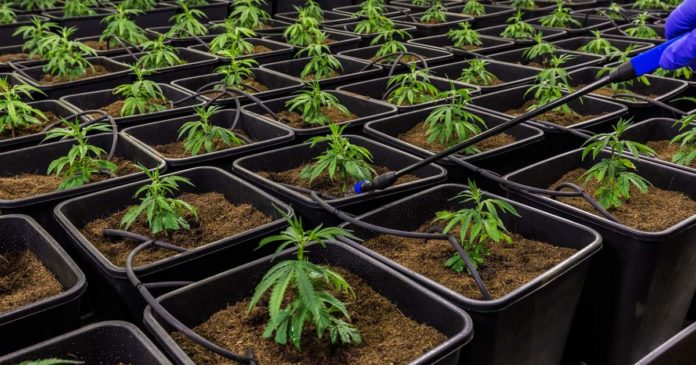Another significant milestone has been reached in Alabama’s medical cannabis journey – the awarding of business licences.
Very limited access to medicinal cannabis in Alabama has been allowed to this point by “Carly’s Law”, which came into effect in in 2014. Multiple attempts to more broadly legalise medical cannabis in the state followed and all failed until May 2021 when the Senate and House gave the green light to a tweaked version of Senate Bill 46, which was subsequently signed into law by Governor Kay Ivey.
In September last year, the Alabama Medical Cannabis Commission (AMCC) began the application process for cultivator, processor, dispensary and various other licences. What initially looked to be a washout saw 94 application submissions before the deadline. Of those, 90 proceeded to the review, evaluation and scoring process.
At its meeting on June 12, 2023, the AMCC voted to award medical cannabis business licenses to applicants; being 5 integrated facility, 4 cultivator, 4 processor, 4 dispensary, 3 secure transport and 1 state testing laboratory licence.
“The Commission has worked diligently since the passage of the Darren Wesley “Ato” Hall Act to develop regulations and policies to facilitate an effective and safe medical cannabis industry,” AMCC Director John McMillan stated. “We are excited to begin working with those applicants who were awarded licenses to meet the needs of so many Alabamians who are living with debilitating conditions that can benefit from medical cannabis.”
The next step for applicants is submit their licence fee to the Commission, which is scheduled to issue the licenses at its meeting on July 10, 2023. After that, there will still be quite a wait before medicines can wind up in the hands of patients as the licensees prepare.
When that happens, patients will be able to access products if they have one of a number of conditions and have a recommendation from a physician. Now the business licenses have been awarded, physicians should soon be able to start the certification process to recommend medical cannabis to qualified patients. As well as a physician’s recommendation, patients will need to register for an ID card; but the process for doing so is yet to be implemented.
Allowable products in Alabama will be tablets, capsules, tinctures, gelatinous cubes, gels, topical oils and creams, suppositories, patches, nebulizers, or liquids or oils for use in an inhaler. Other edibles, flower and vaping products will not be permitted.
Further information on Alabama’s medical cannabis program can be found here.
Medical cannabis has enjoyed ongoing strong support in Alabama. In an October, 2022 poll, 79% of respondents favored legal, medical cannabis and just 9% were against it.


